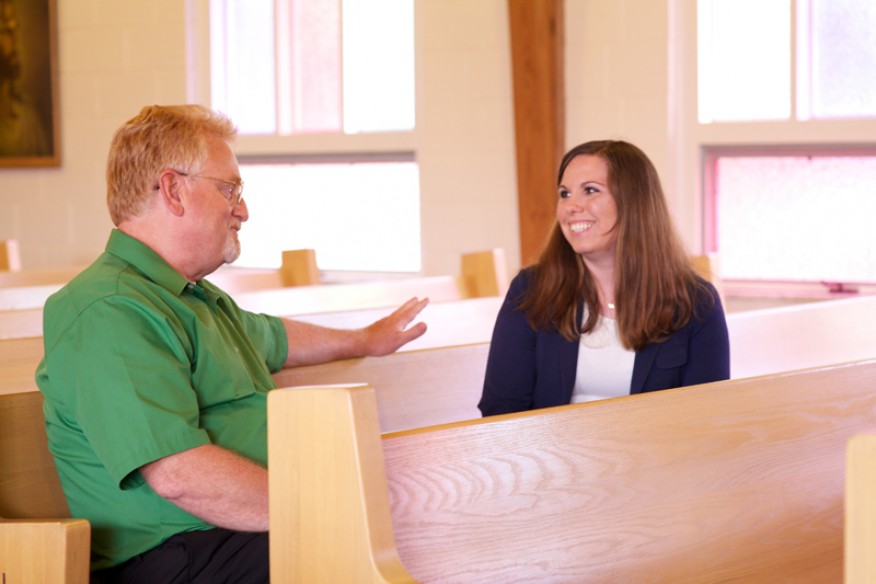Living and working in rural communities can present a variety of distinct stresses and strains. Rural Americans are as likely to experience mental illness as their urban counterparts, yet they are less likely to receive any type of mental health treatment.
Addie Weaver, Curtis Center Postdoctoral Fellow (2011-13), has been working to improve access to mental health services for people living in rural areas using innovative intervention delivery methods.
Addie has a particular interest in decreasing barriers people living in rural areas face and much of her work focuses on adapting the delivery of evidence-based mental health services in non-traditional human service settings. Addie's practice and research experiences in rural communities led her to identify churches as a logical setting for providing mental health treatment. A Curtis Center pilot project assessing the feasibility and acceptability of church-based depression treatment allowed Addie to conduct preliminary work necessary to justify a pending NIMH career development KO1 application that would support this intervention research.
Addie explains, "Churches remain the heart of many rural communities and people living in rural areas look to the church and clergy for social and emotional support. Church-based health and mental health interventions have been successfully implemented in other underserved, disadvantaged communities whose members also face access and stigma-related barriers to care. To me, church settings offer a promising opportunity to bring needed evidence-based treatments to underserved rural communities as well."
